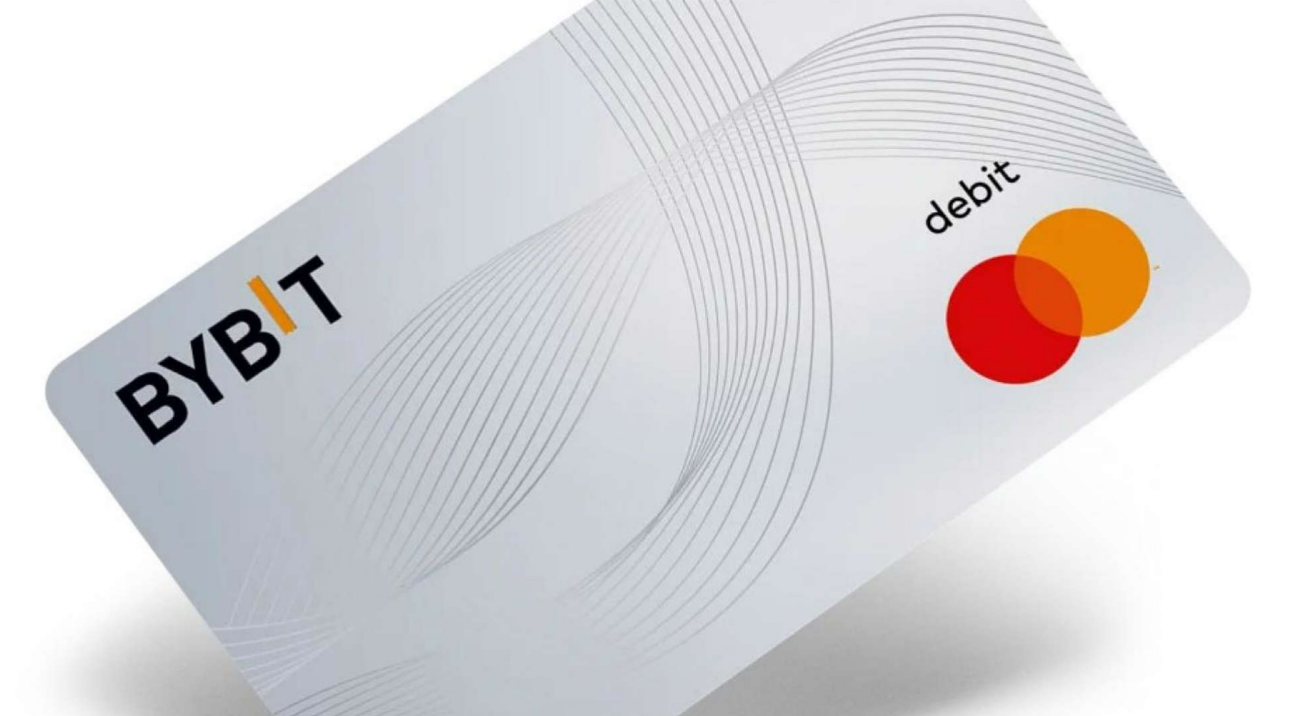Bybit has introduced a debit card that can be used on the Mastercard network and would deduct cryptocurrency holdings from accounts when making purchases.
The launch of Bybit’s virtual and physical debit card offerings comes days after the Dubai-based exchange announced it will stop accepting bank transactions in U.S. dollars.
Bybit Mastercard: How it Works
Bybit has released a free virtual card that can be used for online purchases, with a real card coming out in April.
By using the card, customers can directly debit funds from their cryptocurrency wallets rather than going through exchanges or other off-ramp providers.
Clients in qualifying countries across Europe and the United Kingdom will be able to access it after completing the necessary Know Your Customer and Anti-Money Laundering (KYC/AML) processes.

Customers will receive plastic cards in the mail that can be used at any ATM and at any merchant worldwide, up to the combined spending limit of all the currencies in their Bybit account.
Bitcoin (BTC), Ethereum (ETH), Tether (USDT), the U.S. Dollar Coin (USDC), and Ripple (XRP) are the first supported cryptocurrencies for Bybit Card.
If a customer from Europe or the UK submits a payment request, their digital asset balance will be converted into the appropriate fiat currency at the time of the request.
In the future, more coins may be supported.
Why Bybit Halted Dollar Deposits
Dollar deposits and withdrawals were temporarily disabled by Bybit due to “service outages,” it said in an announcement
While Advcash Wallet and credit cards will still be accepted for making deposits, customers of Bybit are being asked to complete any outstanding wire withdrawals of U.S. dollars by March 10.
In the U.S., crypto exchanges and businesses were impacted last week when Silvergate Bank announced it would be ending its digital assets payment network.
The postponement of Silvergate’s filing of its annual 10-K financial report this week sparked increased concerns that a liquidity issue could lead to bankruptcy protection.
Bitstamp, Circle, Coinbase, Galaxy Digital, and Paxos subsequently announced that they will limit their collaboration with the bank.
There have been rumors that Mastercard and Visa – two of the biggest names in the payments industry – have put plans to expand into the cryptocurrency market on hold out of concern for the industry’s long-term viability.
The speculations comes despite the two payment behemoths making significant progress toward doing business in the cryptocurrency market.
Meanwhile, Mastercard is looking into accepting USDC payments through new partnerships, and Visa has hinted that it plans to offer cryptocurrency to fiat currency conversions to its customers by 2023.
-Featured image from MSN









